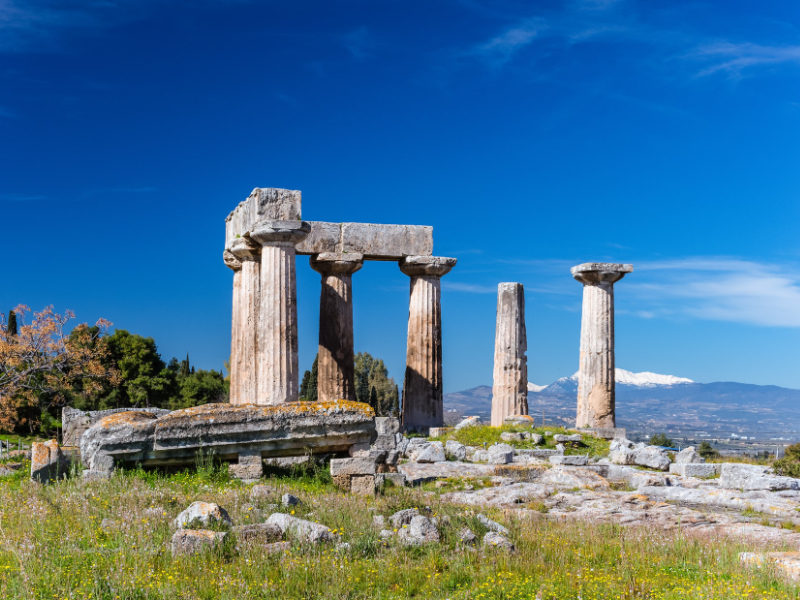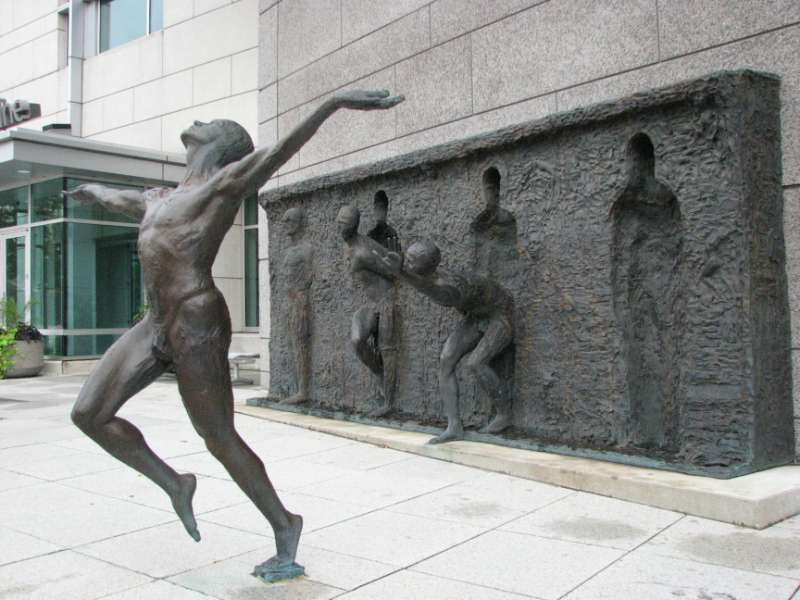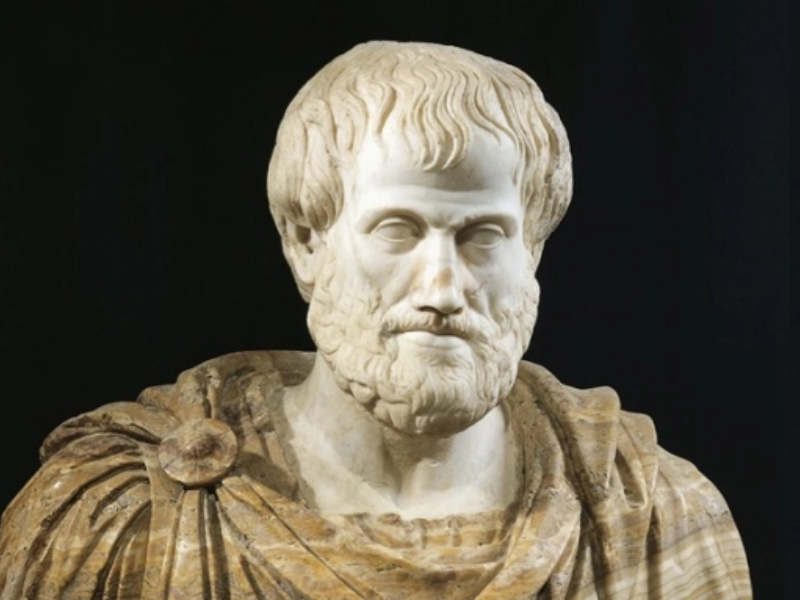5 Musts for Well-Seekers
– Take Responsibility for Your Own Wellbeing –

I’ve been thinking quite a bit lately about what behaviors and routines my kids will pick up from me. How intentional am I being? Where are my blindspots? What am I not aware of? What behaviors and routines should I cultivate? What behaviors and routines will point my kids in the direction of peace, love, and happiness?
Anyway, here are five habits I hope my kids see and, one day, find helpful as they navigate this magical and mysterious space of existence:
1. Wake With a Smile & Wonder
“Your daily life is your temple and your religion. Whenever you enter into it take with you your all.” — Khalil Gibran
Those first waking moments can set the tone for the rest of your day. Will you leave your mood, attitude, and posture to the world up to chance? Or will you hack the understanding of our habitual nature and cultivate a smile and a curious attitude toward the miracle of waking life, toward every aspect of existence?
Just consider what your life would be like if you woke with a smile and were filled each morning with a wonder toward the magic and mystery of life, of consciousness, of existence? What if you woke everyday with an excitement and an eagerness to learn and grow and create, to paint your love freely onto the world and onto the hearts of others?
2. Meditate in Solitude Every Day

“Not only does does silent meditation or contemplation give us a chance to understand ourselves better, to get a truer and more balanced perspective on our own lives in relation to the lives of others: silence makes us whole if we let it. Silence helps draw together the scattered and dissipated energies of a fragmented existence. It helps us to concentrate on a purpose that really corresponds not only to the deeper needs of our own being but also to [Love’s] intentions for us.” — Thomas Merton
When we don’t take the time to come home to ourselves, when we live always outside ourselves, scattered and tugged in so many directions, we tend to do many things we don’t really need to do, and even many things we don’t truly want to do.
Just imagine yourself on your deathbed looking back at your life and asking, ‘How much have I exhausted myself doing and saying things I realize now to be worthless and without any real meaning or satisfaction?’
Take at least 10 minutes of the 1,440 minutes each new day provides to meditate in silence. Find clarity each day on your intentions and motivations, on your directions and aims. Don’t be dragged around by the automaticity of the masses, don’t drown in the sea of irresponsibility and passivity. Get to know your own heart and mind. Know yourself, so that you can be yourself.
Meditate to know yourself, yes. But also, meditate to connect to something much bigger than yourself. Meditate to awaken to the Spirit, to the Source, to God, to the Cosmos, or whatever else you wanna call that which encompasses all things.
Understand directly for yourself that meditation and contemplation is Life itself, fully awake, fully aware that it is alive. Understand that meditation is the embodiment of spiritual wonder, the embodiment of awe for the sacredness of life and being. Understand that it is the direct and immediate awareness and vivid realization of the invisible yet infinitely abundant Source of all being.
Love, Truth, and Beauty cannot be found anywhere except in the ground of your own being. There, in the silent depths, is where you will find peace. It is there where you will find infinite redemptive and creative Love. It is there where you can live not divided but whole, in sacred communion with all.
3. Write or Journal Every Day

“We are what we think. All that we are arises with our thoughts. With our thoughts we make the world. Think, speak, and act with a pure mind, with pure thoughts, and happiness will follow as surely as your shadow.” — The Buddha
What we believe to be true about ourselves, what we believe to be true about the world, and what we believe to be true about our place in the world has real and lasting consequences.
If you’re concerned about your own wellbeing or the wellbeing of those around you, I encourage you, then, to watch your thoughts with care. For it is our thoughts, when we identify with them, that mold our entire inner and outer worldviews. And it is these worldviews that act as our operating systems, that move us through the world and put us in relation to it.
The problem is that thoughts are so elusive, so ephemeral, so slippery, I don’t know how you can get a clear grasp of them without writing them down, without putting them in front of you to be examined and studied. I don’t know how many times I thought I understood something or was compelled by some belief until I tried to express it in writing, at which point the entire framework collapsed because it had no foundation, no support, no consistency.
Write your thoughts down and put them in front of you, where they can speak to you, where you can engage with them in a conversation. The more your thoughts are examined, tested, and supported, the stronger your foundation, your roots, your stability, will become. The stronger you will become.
4. Count Your Blessings
“Piglet noticed that even though he had a Very Small Heart, it could hold a rather large amount of Gratitude.” — A.A. Milne, Winnie the Pooh
Gratitude is one of the most connecting, expansive, and loving states of mind I know. It connects us directly to that in which we are grateful, expands us through that connection, and unites us in Love. And, if what we think and ponder becomes the tendency of our minds, then it makes sense to put our gratitudes in front of us ritually or habitually.
Make it a habit. Say a prayer every night to give thanks to everyone and everything you’re grateful for. Or, every morning write down three or more gratitudes in a journal, like the one above.
5. Reflect On Life

“Let us examine, observe, and inspect our hearts, for we are our own greatest flatterers: every night, we must call ourselves to account… | When the lamp is taken out of my sight…, I pass the whole day in review before myself, and repeat all that I have said and done. I conceal nothing from myself and omit nothing.” — Seneca
Growth is possible only by way of our mistakes. The evolution of organisms, the evolution of knowledge, and the evolution of our lives happens only through the humble method of trial and the elimination of error. Growth, then, is not possible without confronting our mistakes.
We must look at all our words and actions, then, with enough humility to see that each of them are trials, to see that each of them are mistakes, mistakes from which we can learn a great deal.
Examine once a week your work, your relationships, your art, your writing, your attitude, and your attention with honesty and humility to look for ways you can improve your life and your being. Or, review your day in a journal, like the one above.
How could I have better handled that conversation with my coworker or my partner? How could I have better reacted to my kid in that situation? What steps could I have taken to prevent this suffering in myself or another? Were my actions appropriate? Were my words timely, compassionate, tender, and straightforward? Did I live with integrity today? Was I honest with myself? Did I do or say what I needed?
Learn from and build upon not only your own mistakes but from the mistakes of others in your life. And don’t stop there, learn also from all those who came before you. Learn from the beautiful mistakes of the past, so you can make some slightly better mistakes for the next generation, from which they can build upon.
“If we start afresh, then, when we die, we shall be about as far as Adam and Eve were when they died.” — Karl Popper
John Driggs | Meditation Teacher & Founder of The Space of Possibility Podcast, Blog, & Retreat Center | Explore & Expand the Space of Possibility that You are!
The Third Noble Truth | The Cessation of Dukkha
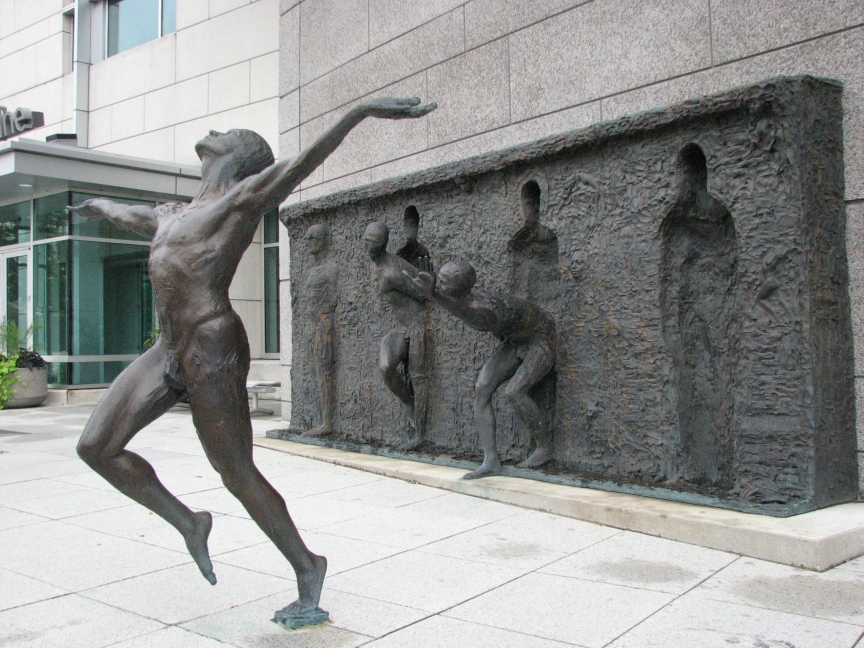
Once we can start to witness directly how craving leads to suffering or dissatisfaction in our own lives, we naturally begin to see an alternative, which brings us to the Third Noble Truth:
3. The absence of suffering, wellbeing, is possible
There is one thing all Buddhists agree on, one belief in which all traditions converge: the understanding of what liberates the mind — that dukkha is brought to an end through non-clinging, through letting go. Every practice, then, in Buddhism must be understood to work towards this purpose — freedom.
“This holy life does not have gain, honor, and renown for its benefit, or the attainment of virtue for its benefit, or the attainment of concentration for its benefit, or knowledge and vision for its benefit, but it is this unshakeable deliverance of mind that is the goal of this holy life, its heartwood and its end.” — The Buddha
Okay, so how does one let go? Well, this gets us into the Fourth Noble Truth, which is the path leading to the end of suffering, but because the Fourth Noble Truth contains so much substance, I will save that for another day.
Today, however, I will push you in the general direction of awakening, first, by sharing three qualities of experience or reality for you to investigate for yourself and, second, by providing you with free meditation practices.
The Three Qualities. Okay, the first of the three qualities I invite you to begin to open and refine awareness to is the changing nature of all phenomena. We all know that everything changes, but a conceptual understanding isn’t enough here. It is when we see directly in our own minds the impermanence of all things that true transformation happens. When we look with wisdom at our experience and see that everything in it is changing so quickly, we realize directly that there is nothing to hold onto, and so eventually the mind lets go of clinging.
The next thing to investigate is the selfless nature of experience, the selfless nature of all phenomena. This, when contemplated, should naturally arise from seeing clearly the ever-changing flow of experience. When you look, you will see that there is nothing that lasts long enough to be called ‘self’, ‘I’, or ‘mine’. Instead, you’ll see everything as a continuous, interconnected process.
But if you continue your investigation, you will also discover that all things arise out of certain conditions. Just consider: you didn’t pick your genes, you didn’t pick the family and culture you were born into, you didn’t pick your trials and hardships, those people and events that carved your character. Everything about you is a product of the rest of the world around you, including your own volitions.
One way to think of this is to imagine a rainbow. A rainbow is selfless. When we look for it, there is no one thing called rainbow. There is air, moisture, light, a visual system, and consciousness. And when the light is reflected at a 45 degree angle from the sun, to the moisture in the air, and back into the eye, then we see what we call ‘rainbow.’ Each moment’s experience is akin to this: a collection of causes and conditions.
Another way to think about it is to imagine a plant. When we look deeply into a plant, we actually don’t see a plant. We see soil, water, air, and sunlight, we see the creatures that fertilized and pollinated the plant, we see the earth and the space and gravity that hold it together. When we look closely at anything, we see that everything simply inter-is. This is seeing with wisdom, seeing without the delusion of a separate self entity who has its own will and force that is separate from the rest of existence.
Finally, the last thing I encourage you to investigate for yourself is what I already spoke about above — that is, dukkha: the dissatisfactory and unreliability of all things. Really get to know how dukkha presents itself in your experience.
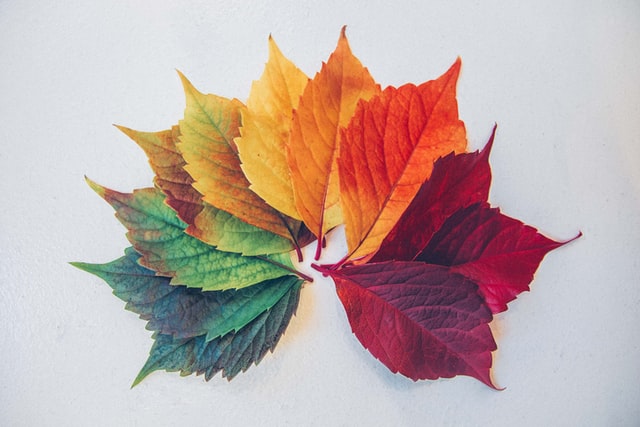
Meditation Practices
Course 1: Cultivate Mindfulness. Only when I am mindful — connected directly to experience, open to it, interested in it, not lost in thought — can I wisely navigate this Space of Possibility, can I truly understand and, therefore, love my friends and family.
Course 2: Love & Understanding. In this course, you will get to know Love directly. Not conceptually, but experientially. Come cultivate the capacity to carry Love with you in all places and at all times. Let love become what you are.
Course 3: Know Your Shadow Self. Do things feel off? Are you connecting well to others or to yourself or to the present moment’s experience? Are your emotions dry and unfeeling or in extreme turmoil? See and accept your shadow. Know freedom.
Habit Builder. If you’re finding it difficult to show up for your meditation practice, use this course to slowly build out a habitual space to house your formal practice. Get comfortable with the silence. Learn to sit with yourself.
“If you let go a little, you’ll have a little happiness. If you let go a lot, you’ll have a lot of happiness. If you let go completely . . . you’ll be completely happy.” — Ajahn Chah
The Fourth Noble Truth | The Path Away From Suffering
As I said above, I will get into the Eightfold Path — the path that leads to the end of suffering another time.
Thanks for reading,
John Driggs | Meditation Teacher & Founder of The Space of Possibility Podcast, Blog & Retreat Center | Explore & Expand the Space of Possibility that You are!
More Articles
“Poetic Imagination”
I hope at least once in your life you’ve seen the Milky Way. The brushstroke of glimmering white light that cuts through the heavens is breathtaking. And to imagine, before all the light and carbon…
“Carving Knowledge from Our Imaginations”
Every civilization throughout history has created a dogmatic school whose main task is to pass on the doctrine of its founder intact to each generation. In the rare…
“Failures of Ultimate Explanation”
The earliest Greek philosophers didn’t really ask ‘what is?’ questions. Rather than quibble over the meaning of words, they tried to solve specific problems by creating bold explanatory theories…
“Plato’s Moral Tyranny”
Only you, the individual, can decide whether a behavior, norm, or institution is right or wrong. It is your burden and yours alone. You can’t shift it to god, nature, history, or even to society, because whatever…


